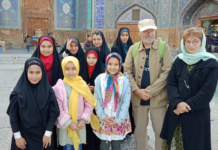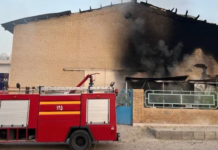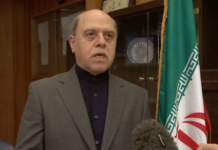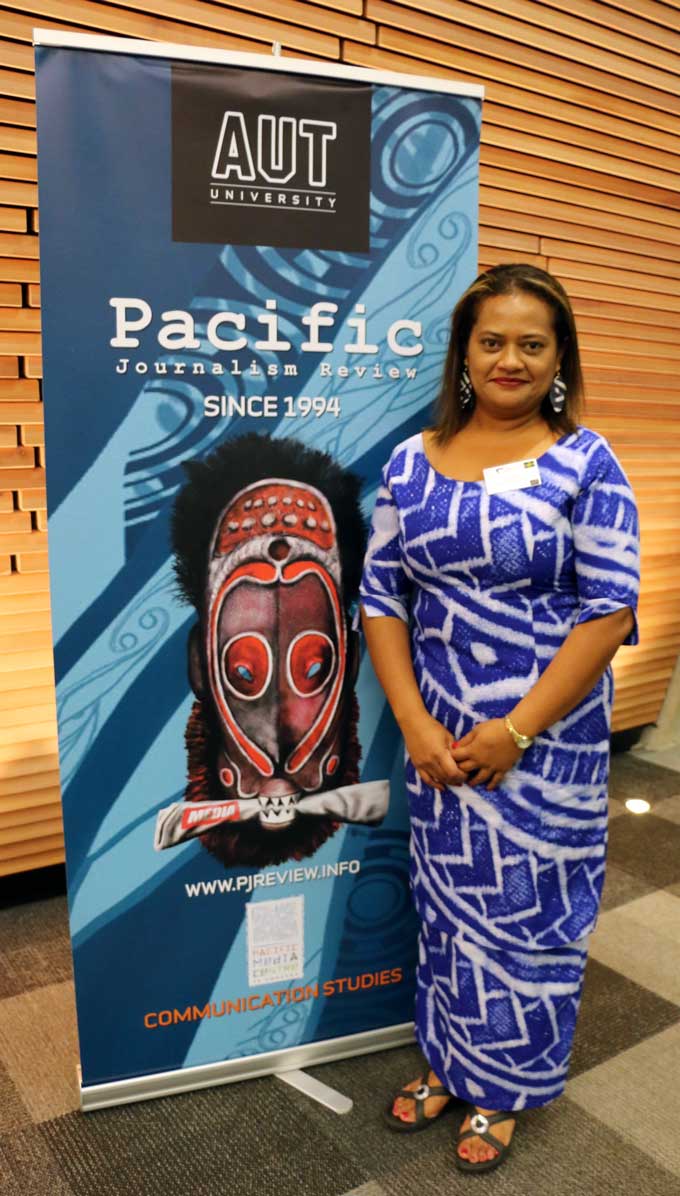
For years, journalism education and training in the Pacific has relied on donor-funded short courses and expatriate media educators.
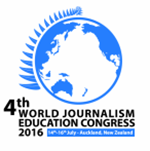 But in recent times, this has been changing with the growth of more journalism schools at both universities and technical institutes and more homegrown academically qualified staff and proliferating research programmes.
But in recent times, this has been changing with the growth of more journalism schools at both universities and technical institutes and more homegrown academically qualified staff and proliferating research programmes.
These changes have been reflected with the establishment of the new advocacy group Media Educators Pacific (MeP) chaired by Misa Vicky Lepou of the National University of Samoa (NUS).
This body has a mission to “promote and deliver the highest professional standards of training, education and research in media and journalism relevant to the Pacific and beyond”.
In a region, where the news media and journalism education have been forced to confront major hurdles such as military coups (Fiji), ethnic conflict (Solomon Islands) and two rival governments and more recently the stand-off between students and the government climaxing in the police opening fire on students on June 8 (Papua New Guinea), along with critical development issues such as climate change and resources degradation, what are the challenges ahead for teaching journalists?
Some of the issues that might be considered:
- Academic freedom in a journalism context
- Political pressures on journalism schools
- Ethics in news media and on campus – the paradoxes?
- Bias in the industry work place
- Court reporting and journalism accuracy
- Digital challenges for media education
- Media education and censorship
- Qualification and resource constraints at both TVETs and universities
- Drain of quality j-graduates to NGOs because of low industry pay
Chair: David Robie, Pacific Media Centre, AUT (New Zealand)
Panelists: Shailendra Singh: University of the South Pacific (Fiji)
Misa Vicky Lepou: President of the Media Educators Pacific (MeP) , and head of journalism at the National University of Samoa (Samoa)
Emily Matasororo: University of Papua New Guinea (Port Moresby, PNG)
Charlie David Mandavah: Vanuatu Institute of Technology (Vanuatu)
Responder: Irene Manarae (University of the South Pacific)
Saturday, 9-10.30am, WG126, Auckland University of Technology




